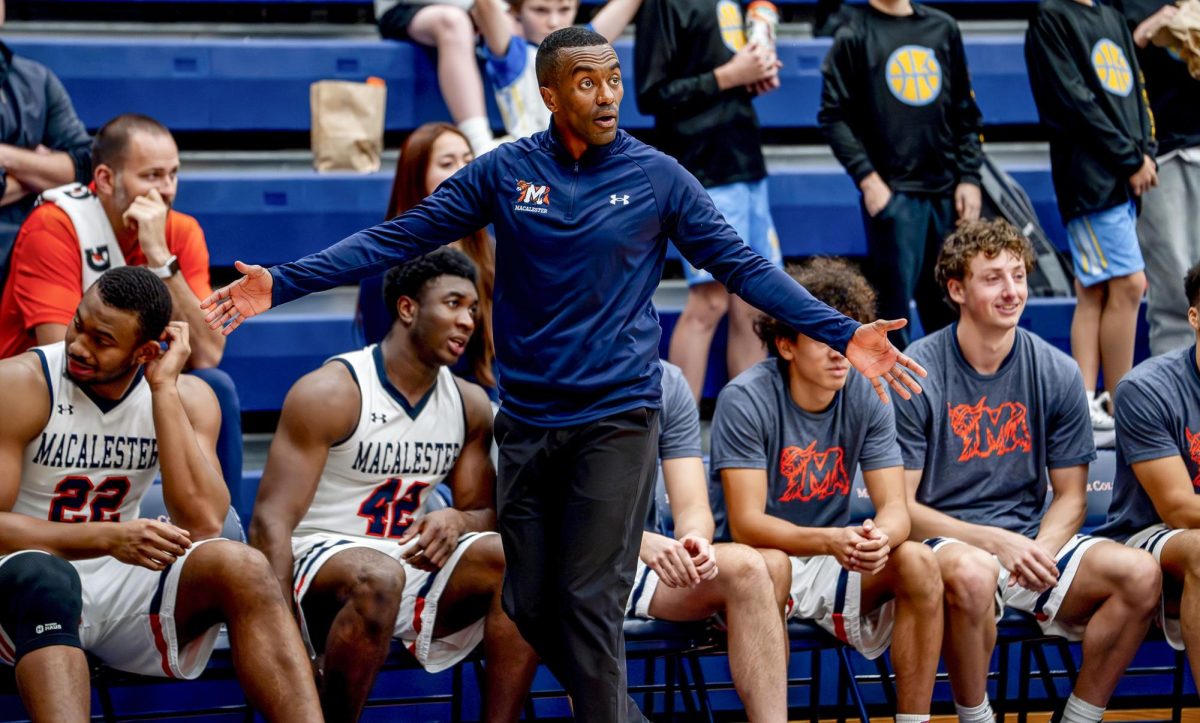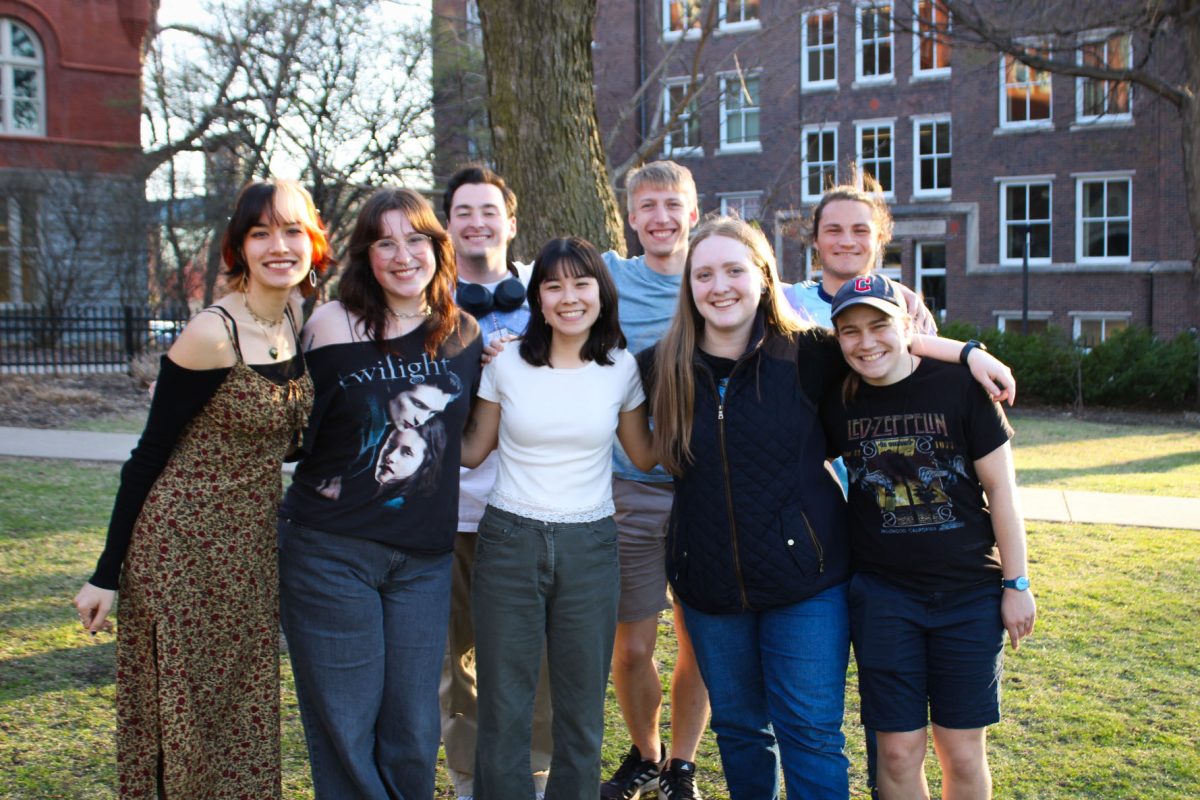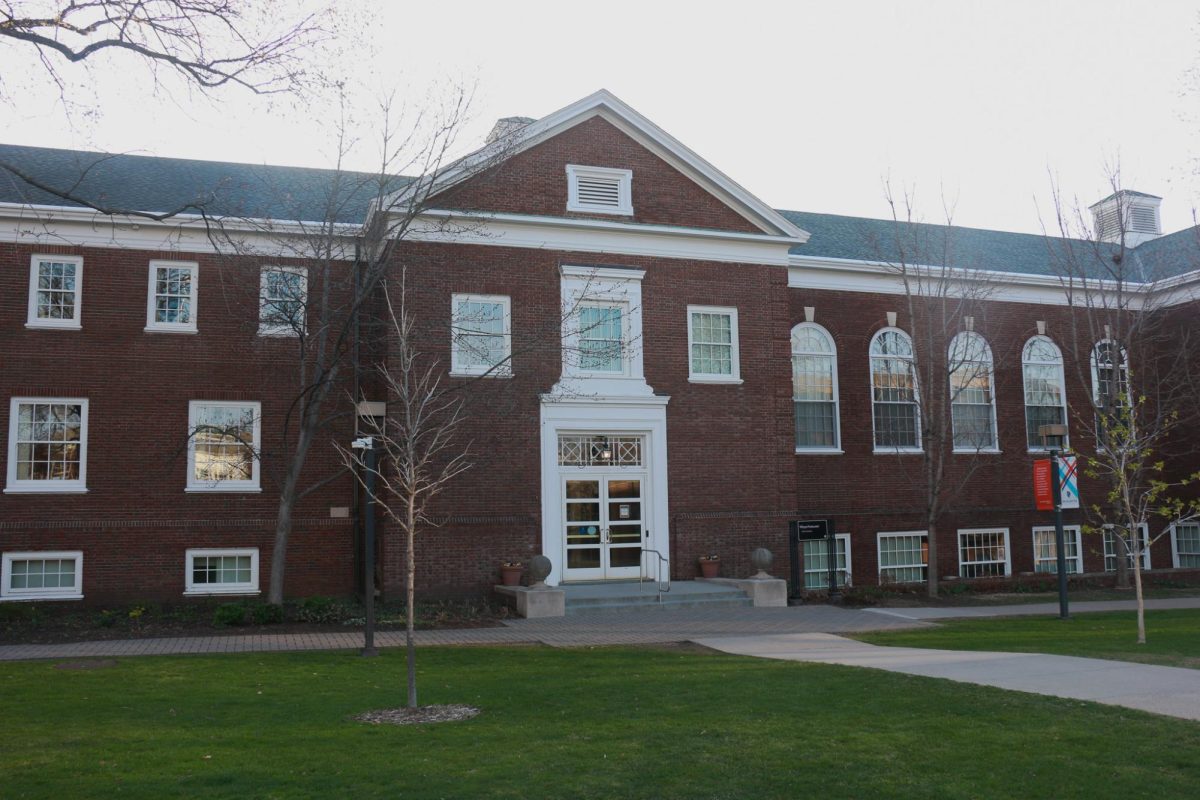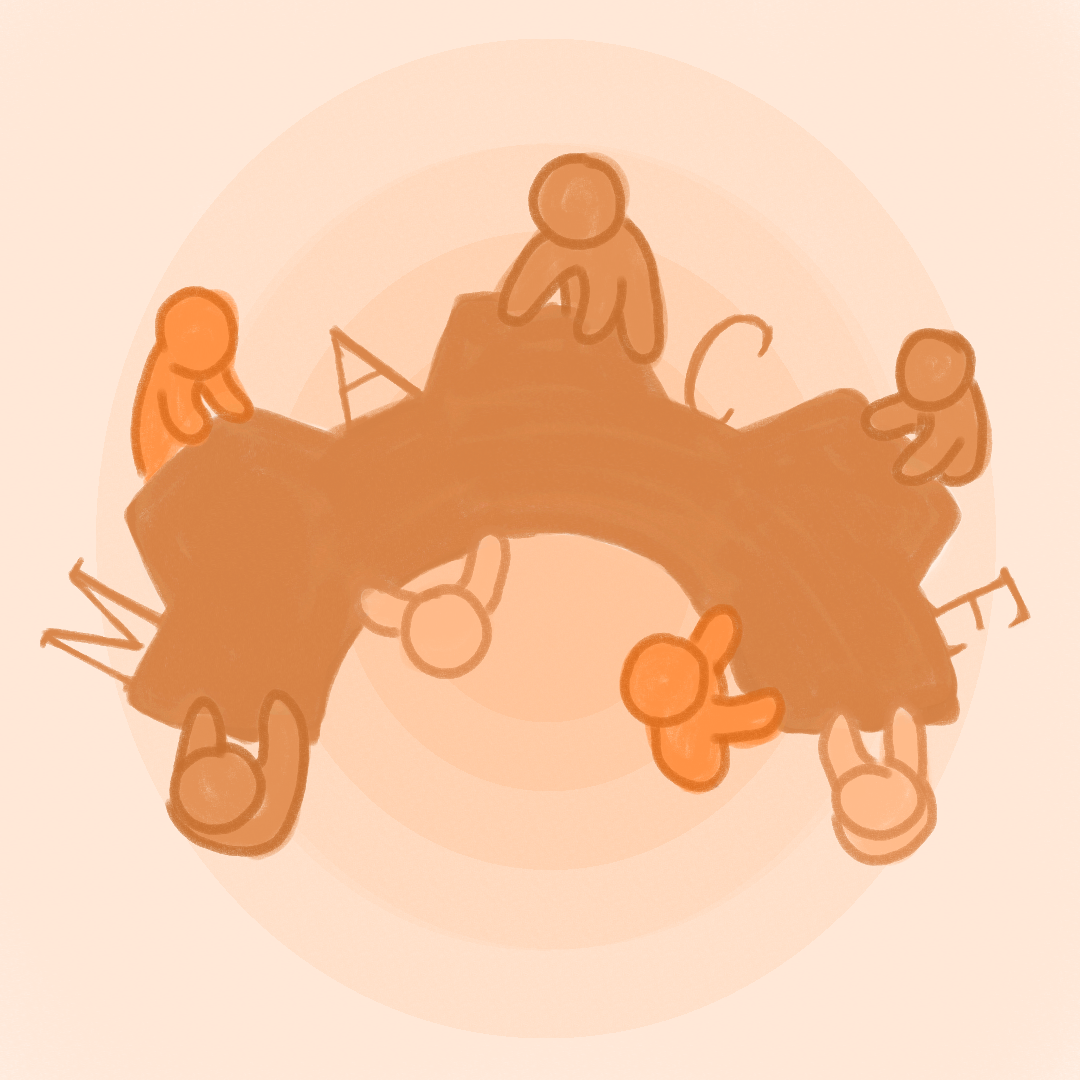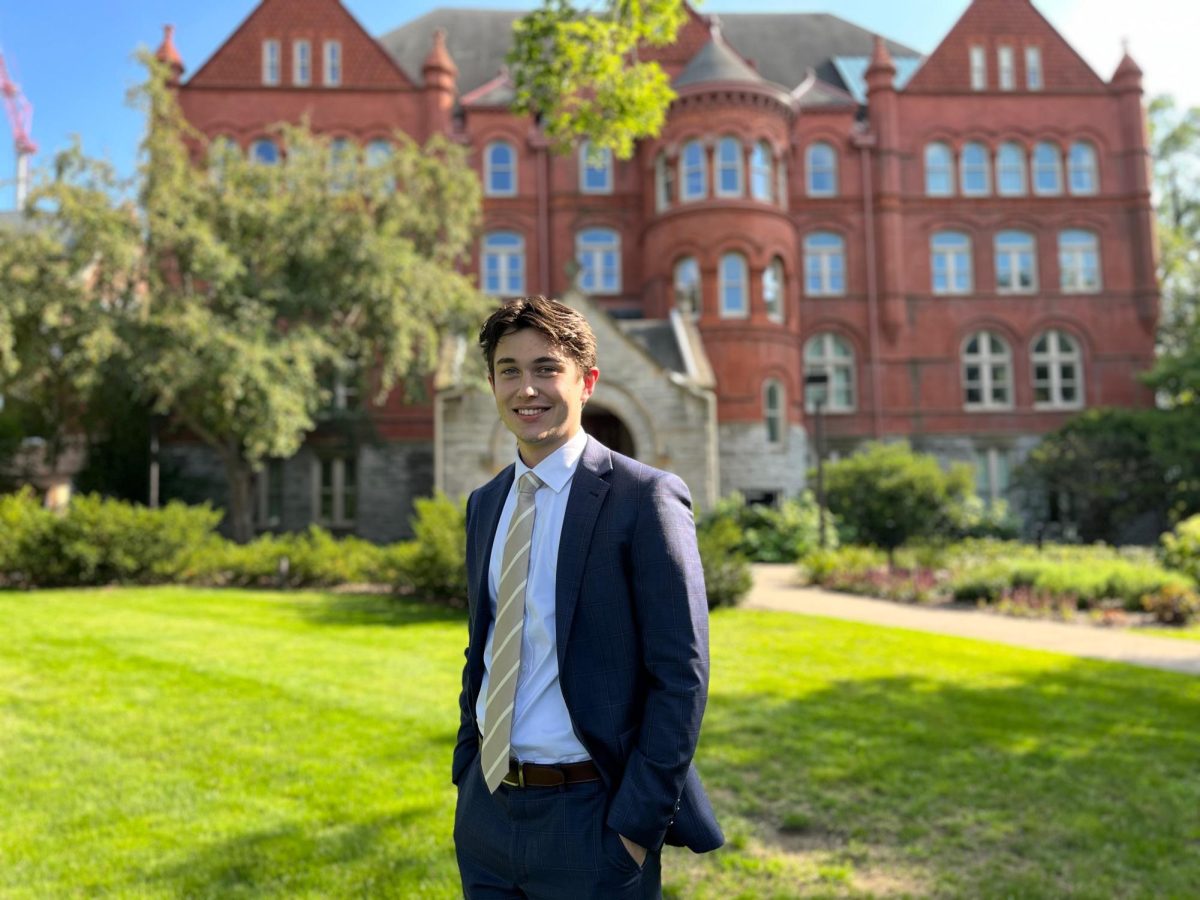On Thursday, April 17, the Macalester Undergraduate Workers’ Union (MUWU) announced that it will affiliate with the United Auto Workers of America (UAW). A vote on the matter was open to union members for just under one week. 202 student workers voted in favor of affiliation, and 80 student workers voted against it.
While MUWU still needs to get UAW approval in order for affiliation to be official, they do not anticipate issues with receiving this approval.
UAW was formed in the 1930s and, as of 2022, has 391,000 active members across all departments and holds 1,150 contracts with some 1,600 employers. The UAW Education Department currently represents more than 100,000 workers nationwide. This number includes graduate students and, increasingly, undergraduate student workers.
UAW recently received press for their strike against the three unionized automotive manufacturers in the U.S — Ford Motor Company, General Motors and Stellantis — which lasted nearly a month and a half before an agreement was reached.
Joseph Polyak ’26, a MUWU organizer, expressed his hopes about the affiliation and the opportunities it presents for the student union in the future.
Among many resources available to MUWU from its affiliation with UAW, some of the most notable, in Polyak’s eyes, are gaining access to the UAW’s strike fund and to a UAW staffer who would help maintain engagement and recruiting for MUWU. Additionally, MUWU would gain access to the UAW’s legal network, according to Polyak, as well as help with mandatory tax filing.
“The UAW is a very, very progressive, fighting union that puts a lot of power and democracy into the hands of his workers,” said Polyak. “And presuming all goes well with the rest of the affiliation process, we get to be a big part of that.”
Drawbacks of affiliating, according to Polyak, include MUWU having slightly less autonomy over its decision-making. For instance, MUWU would have to get UAW approval to go on strike, and, if affiliation is approved, MUWU members will pay a UAW-set dues rate after bargaining their first contract.
UAW’s dues rate is 1.15- 1.44 percent of monthly income. Polyak explained that it is standard union policy that wage increases won in collective bargaining offset the cost of dues, and that MUWU says it would not accept a contract in which this is not true.
Even if MUWU had not affiliated with the UAW, it would have collected dues, according to Polyak.
In an informational pamphlet, MUWU highlighted provisions that other UAW-affiliated student unions have won in their contracts. For example, graduate students at the New School bargained for a 30 percent raise, an 80 percent health insurance discount, a commitment not to allow Immigration and Customs Enforcement on campus and gender-affirming healthcare protections. At the University of Oregon, undergraduate student workers are fighting to win an additional $2 per hour of pay on early morning and late night shifts, 6 percent annual raises and 30,000 hours of sick time to distribute to union members who need it.
“I am happy to begin working with UAW,” Polyak said. “I think [affiliation] will provide a lot more security and longevity to our organization, as well as greater access to resources and systemic legitimacy.”


